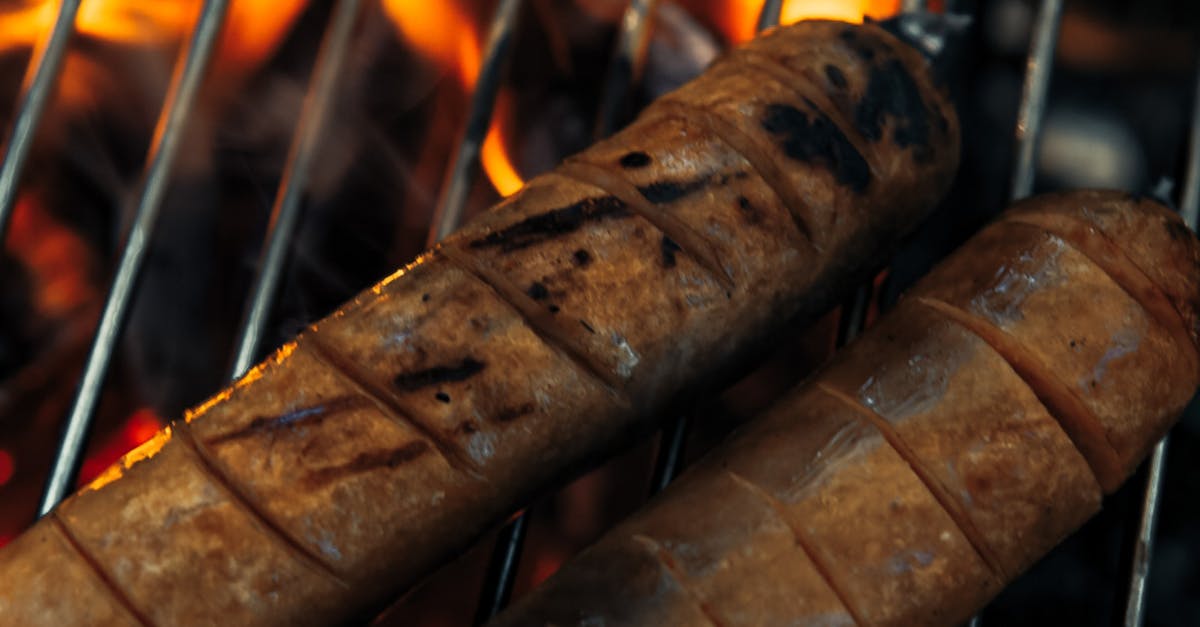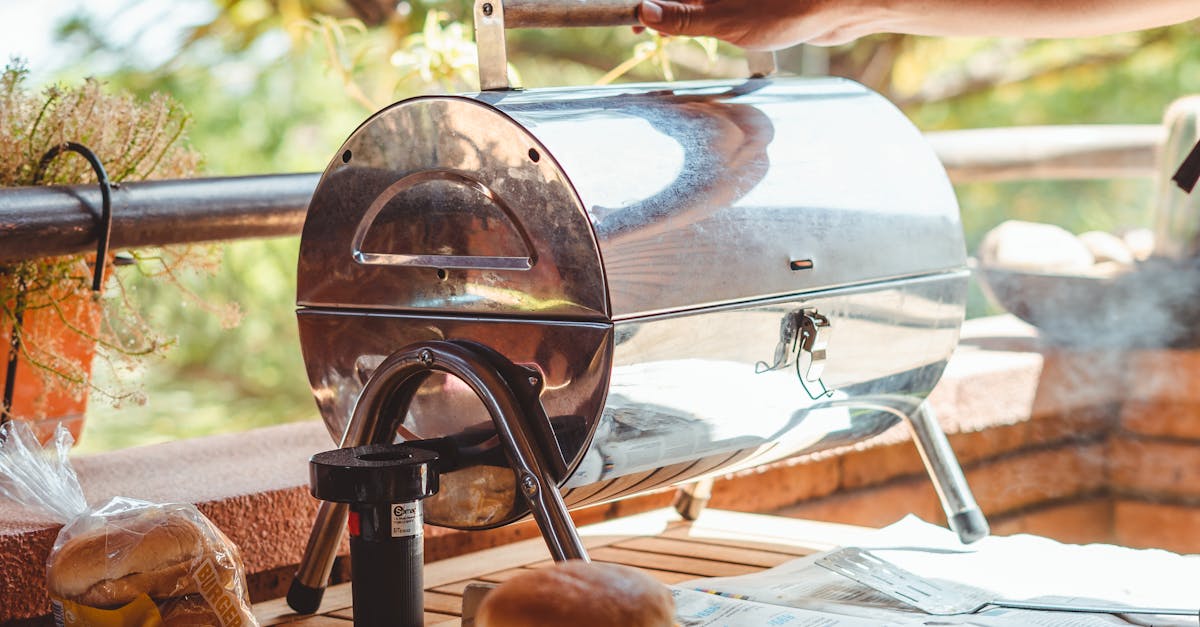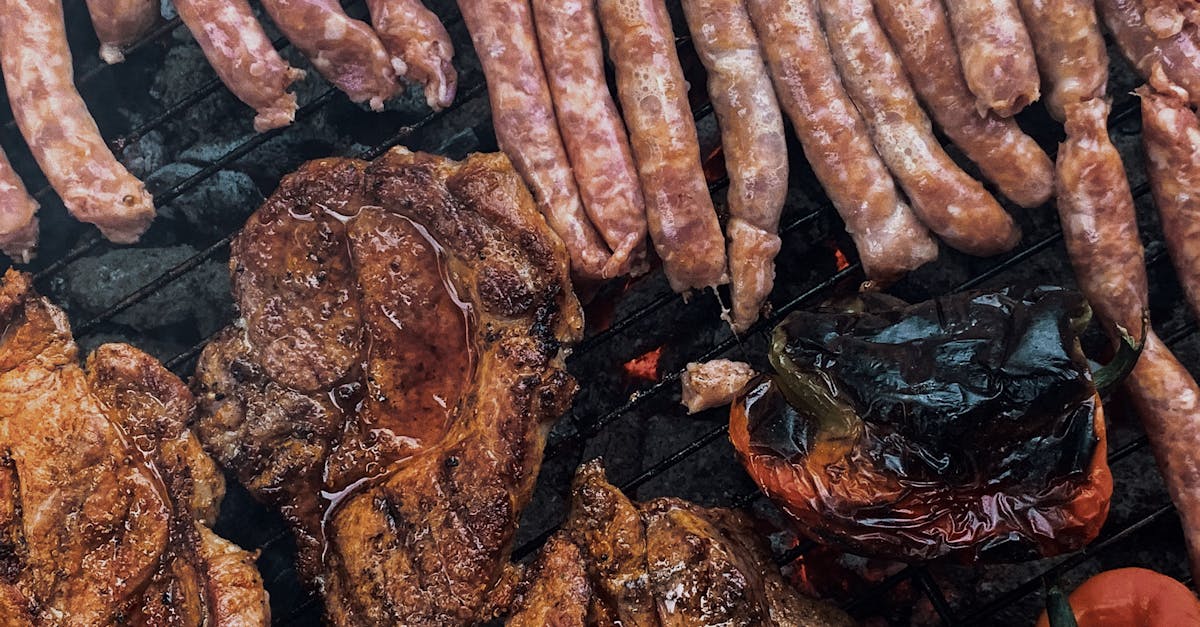
Table Of Contents
Common Venting Issues in Outdoor Kitchens
Ventilation in outdoor kitchens is crucial for maintaining a safe and comfortable cooking environment. However, several common issues can arise that may compromise the effectiveness of the venting system. One common problem is inadequate ventilation, which can lead to the accumulation of smoke and fumes in the cooking area, affecting both the chef and guests. Another issue is improper installation of the ventilation system, which can result in poor airflow and ventilation performance. To avoid these problems, it is essential to ensure that the venting system is designed and installed correctly by professionals specializing in outdoor kitchen ventilation, like Custom Outdoor Kitchens and Grills.
Additionally, lack of regular maintenance can also contribute to venting issues in outdoor kitchens. Over time, grease and debris can build up in the ventilation system, obstructing airflow and reducing its efficiency. This not only increases the risk of smoke and fumes lingering in the cooking area but also poses a fire hazard. To prevent these problems, it is crucial to schedule routine maintenance and cleaning of the outdoor kitchen ventilation system. By addressing these common venting issues proactively, outdoor kitchen owners can create a safer and more enjoyable cooking experience for themselves and their guests.
Recognizing challenges and troubleshooting ventilation problems
The proper ventilation of outdoor kitchens is essential for the safety and functionality of the space. Common challenges that may arise in outdoor kitchen ventilation systems include inadequate airflow, blockages in the venting system, or improper installation of the vent hood. Recognizing these issues early on can prevent potential hazards and ensure that the outdoor kitchen operates efficiently. Troubleshooting ventilation problems in Custom Outdoor Kitchens and Grills often involves inspecting the vent hood for obstructions, checking the exhaust fan for proper operation, and ensuring that the ductwork is correctly installed and free of debris. Regular maintenance and inspection of the ventilation system can help address these challenges before they escalate into more significant issues.
Moreover, understanding the principles of airflow and combustion is crucial in troubleshooting ventilation problems in outdoor kitchens. A properly vented outdoor kitchen allows for the safe removal of smoke, grease, and odors, creating a comfortable cooking environment. If homeowners suspect that their ventilation system is not functioning correctly, it is recommended to seek professional assistance to diagnose and address the issue promptly. By recognizing these challenges and taking proactive steps to troubleshoot ventilation problems, Custom Outdoor Kitchens and Grills can enhance the overall cooking experience and ensure a safe cooking environment for all users.
Regulations and Codes for Venting Outdoor Cooking Areas
Regulations and codes play a vital role in ensuring the safety and functionality of outdoor cooking areas. Custom Outdoor Kitchens and Grills must adhere to specific guidelines set by local authorities to minimize fire hazards and promote proper ventilation. Failure to comply with these standards can result in potential risks to both property and individuals using the outdoor kitchen.
It is essential for owners of outdoor kitchens to familiarize themselves with the regulations and codes governing ventilation in their area. By understanding and following these guidelines, Custom Outdoor Kitchens and Grills can operate efficiently and safely. Additionally, staying informed about any updates or changes to the codes can help outdoor kitchen owners maintain a compliant and secure cooking environment.
Complying with safety standards and local requirements
When it comes to complying with safety standards and local requirements for outdoor kitchens, ventilation plays a crucial role. Custom Outdoor Kitchens and Grills need proper ventilation to ensure the safe operation of cooking appliances and to prevent the buildup of harmful gases such as carbon monoxide. Local codes often specify the type and size of ventilation systems required for outdoor cooking areas to maintain a healthy environment for both users and nearby residents.
Ensuring that your outdoor kitchen meets safety standards not only protects your health but also prevents potential hazards. Proper ventilation helps to reduce the risk of fires caused by grease build-up and ensures that smoke and odors are effectively removed from the cooking area. By adhering to local requirements and safety standards, you not only create a safe environment for cooking but also demonstrate responsible ownership of your Custom Outdoor Kitchens and Grills.
Maintenance and Cleaning of Outdoor Kitchen Ventilation Systems
Maintenance and cleaning of outdoor kitchen ventilation systems play a crucial role in ensuring the proper functioning of your Custom Outdoor Kitchens and Grills. Regular maintenance not only prolongs the lifespan of your system but also maintains its efficiency. It is recommended to routinely inspect the ventilation system for any signs of blockages or obstructions, ensuring that air can flow freely through the system.
Cleaning the filters and vents of your outdoor kitchen ventilation system is essential to prevent grease buildup and maintain proper airflow. Depending on usage frequency, it is advisable to clean the filters monthly or as recommended by the manufacturer. Additionally, wiping down the exterior surfaces of the ventilation system can help prevent dust and grime buildup, contributing to the overall cleanliness and efficiency of your outdoor kitchen space.
Ensuring longevity and efficiency through regular upkeep
Regular upkeep and maintenance of outdoor kitchen ventilation systems are crucial for ensuring their longevity and efficiency. Neglecting routine cleaning and inspection can lead to a buildup of grease, debris, and other contaminants that can hinder the proper functioning of the ventilation system. To prevent issues such as poor air circulation, foul odors, and potential fire hazards, it is advisable to establish a consistent maintenance schedule for your outdoor kitchen ventilation system.
Custom Outdoor Kitchens and Grills recommends that owners of outdoor kitchens invest time and effort into cleaning and servicing their ventilation systems at least once every few months. This approach can help prolong the lifespan of the system and ensure that it continues to function optimally. By routinely checking for any blockages, leaks, or signs of wear and tear, homeowners can address any potential problems early on and avoid costly repairs or replacements down the line. Regular upkeep is key to enjoying a safe, efficient, and pleasant outdoor cooking experience.
FAQS
Why is ventilation important in outdoor kitchens?
Ventilation in outdoor kitchens is crucial to remove smoke, grease, and odors, ensuring a healthier cooking environment and preventing potential safety hazards.
Do outdoor kitchens need to have a hood for ventilation?
Yes, outdoor kitchens should have a hood or exhaust fan to properly vent out smoke, heat, and cooking fumes generated during grilling or cooking.
Are there any regulations or codes regarding venting outdoor cooking areas?
Yes, there are regulations and codes that specify the requirements for venting outdoor cooking areas to ensure safety, compliance with local laws, and prevention of fire hazards.
How can I troubleshoot ventilation problems in my outdoor kitchen?
Recognizing challenges such as inadequate airflow, blockages in the ventilation system, or improper installation can help in troubleshooting ventilation problems. Consult a professional if needed.
Is regular maintenance and cleaning of outdoor kitchen ventilation systems necessary?
Yes, maintaining and cleaning outdoor kitchen ventilation systems regularly is essential to ensure proper functioning, longevity, and efficiency of the system while preventing potential fire risks.





























